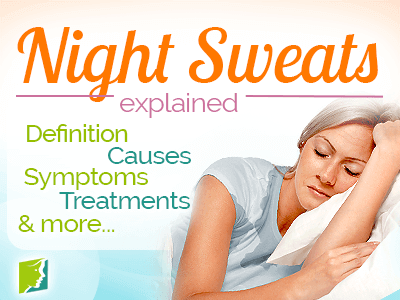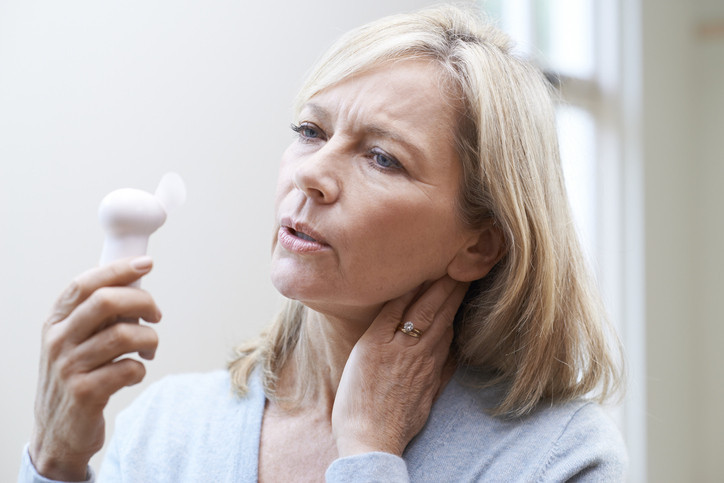
Menopause generally starts to occur more often during a few years after the onset of menopause
At times they can even stop suddenly for no apparent reason.
In general, the menopause happens between forty and 55 years for most women but around 1 in every 100 women experience it earlier than 40 years old. A woman may experience a sudden, unexpected, and undesired change in her menstrual cycle for several reasons but there are some common reasons for menopausal symptoms that do not necessarily indicate a more serious condition.
Symptoms of menopause vary from one woman to another and they vary with the stage of menopause. At certain times during menopause, the symptoms are mild. At other times they are severe. This makes the symptoms of menopause quite variable.
The most common symptom of menopause that lasts for several weeks is the need for hormone-like medications called progestins or oral contraceptives, which are known as HRT. Some women even use surgical methods such as ovaries removing and ooplasmic fluid draining. Other women, especially those who are overweight or obese, also experience this symptom for a couple of months, but these symptoms tend to disappear once menopause begins.
There are other serious symptoms of menopause that can last up to six months, including bone loss and osteoporosis. These symptoms may be associated with a decrease in estrogen levels that is caused by hormone replacement therapy or a lack of estrogen in the body's system. Osteoporosis causes bone contraction. Bone density decreases and osteoporosis leads to fractures.
Depression can also be a common sign of menopause. The most common symptoms include lack of interest in daily activities, irritability and fatigue, changes in sleep patterns, weight gain, emotional distress, social isolation, fatigue, inability to maintain relationships, stress, mood changes, and feelings of despair and hopelessness. …
Another type of menopause symptom that is not as severe and lasts from a few days to a few months is hot flashes, which are also known as premenstrual syndrome. PSR). Hot flashes are sudden flushes of heat that last a short time and do not necessarily last for several days. However, in more severe cases of PSS, they last longer and can be chronic.

These are just a few of the main symptoms of menopause that women experience at different points in their lives. Women usually find that they have a wide range of symptoms in the early stages of menopause.
Other symptoms include vaginal dryness, night sweats, headaches, muscle aches, vaginal dryness, breast tenderness, vaginal discharge and abdominal pain, skin tenderness and swelling, anxiety, irritability and emotional distress, sexual dysfunction, memory problems and anxiety. All this is experienced by women during menopause.
The most serious symptoms of menopause, such as hot flashes and osteoporosis, are sometimes mistaken to be part of the aging process. Women often don't realize that the menopause has already started until there are many symptoms. Most women who experience hot flashes feel that are uncontrollable. It may seem to be coming on suddenly.
If these symptoms are ignored, it is possible to experience hot flashes on their own and not have to take hormone replacement therapy. In this case, the symptoms of menopause are treated by using Hormone Replacement Therapy (HRT) or hormone replacement therapy that includes estrogen. If, however, the symptoms are very intense, then doctors may recommend surgery. Surgery is often recommended in order to correct the structural damage to the bones.
Sometimes surgery can occur as the primary treatment for women who experience severe symptoms of menopause. If there is a significant amount of bone loss or osteoporosis, a bone transplant is often performed. There are times when surgery is not necessary.
Sometimes the symptoms of menopause can go away on their own, but this can happen only when a woman is not taking any medication, or if they occur only once or twice during the course of her menopause. But even in the latter cases, these symptoms need to be attended to.
